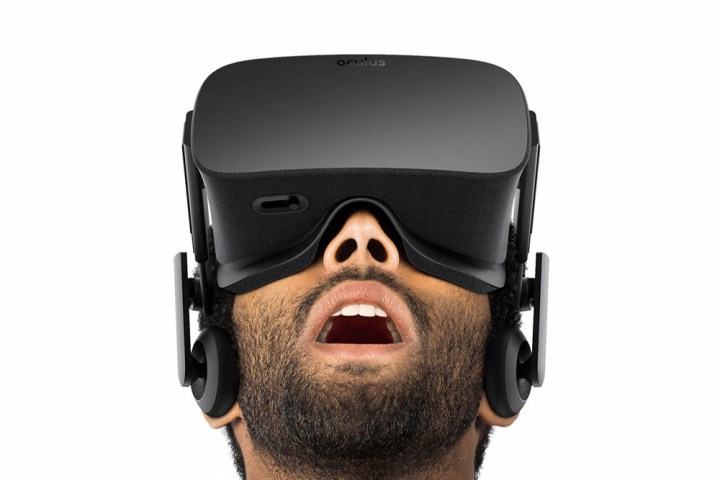
“A small number of pre-orders were unable to be processed and as a result were cancelled. Customers can contact support if they have a question about their order.”
Original story: A number of users on the Oculus subreddit are panicking as they’ve received emails from Oculus VR stating that their Rift CV1 pre-orders have been cancelled. Details are rather thin as to why right now, but the prevailing thought is that this is an effort to curb those who used circumventing measures to order a headset from unsupported regions.
“This email is a confirmation that your order placed on January 06 has been cancelled. If you need help, please contact Oculus Support,” reads the email received by a number of different Oculus customers. While most appear confused and others frightened that they will miss out on their early-bird purchase, others are angry that this has happened at all.
Although no one has received a follow up response from Oculus Support as of yet — we’ve also reached out to Oculus and will update this piece when we hear back — there is a trend apparent. The cancellations appear to be related to orders attempting to obtain a Rift outside of the approved launch regions.
Several Redditors used a freight redirection service for various reasons, which meant their shipping address was different than the billing address. Some even went to the effort of changing shipping address to match them later on when concerns arose that this cancellation may happen, though it doesn’t look to have helped much.
Another customer had a legitimate business address in the U.S. which they were having the Rift shipped to, but that appears to have been picked up in the cancellation net also.
While there is an argument to be made that Oculus has cancelled orders that perhaps look a little fishy to help avoid scalping and the like, more worrisome is that legitimate purchasers have been affected also. Several customers who live in the U.S. or other supported countries, used the same addresses for everything, didn’t try and cheat the system, and they still had their orders cancelled.
Even if Oculus does go back and fix the orders, the concern now is that it will lead to people missing out on their spot in the reservation system. Hopefully, that won’t be the case. We can already see the pitchforks coming out.



